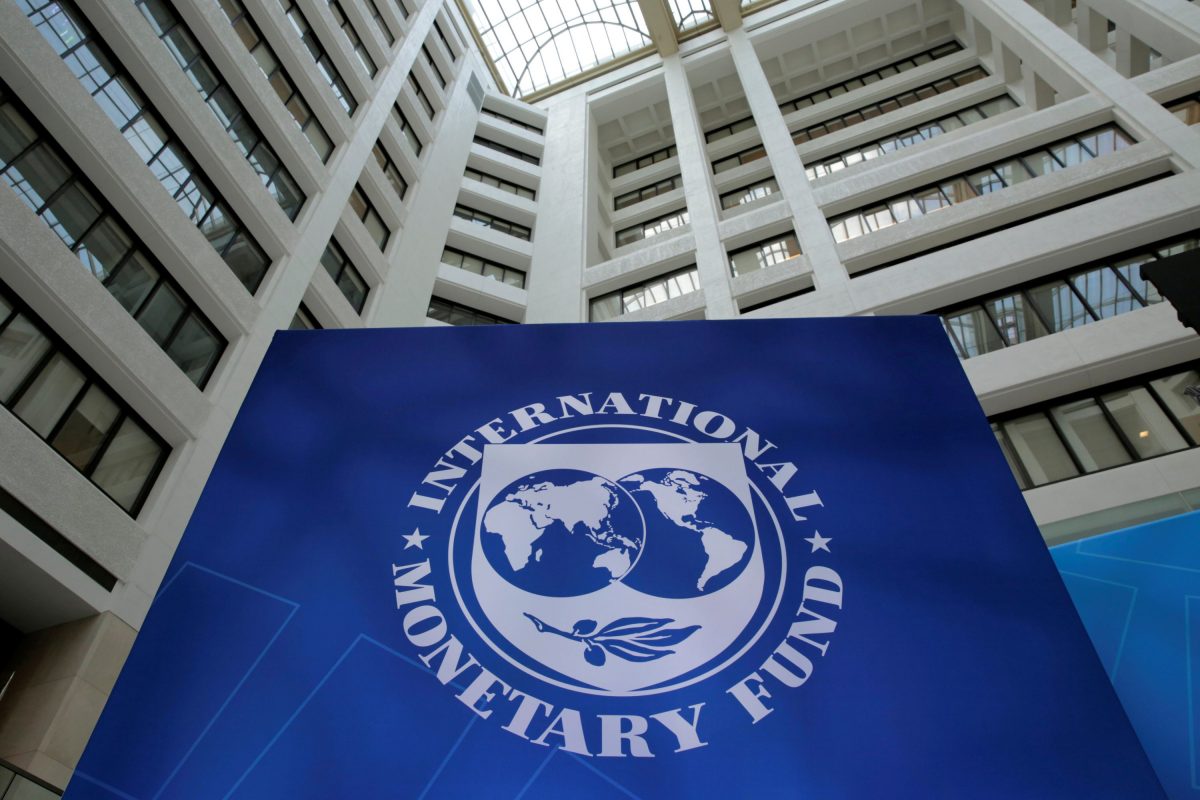(Trinidad Guardian) – The International Monetary Fund mission that recently visited T&T has called on the authorities to remove all restrictions on current international transactions while providing sufficient foreign exchange to meet demand for all current international transactions.
“The mission underscored the need for an appropriate policy mix to support the exchange rate regime and called for the removal of restrictions on current international transactions. The authorities are encouraged to modernize FX and money market infrastructure to reduce inefficiencies and imbalances to support the sustainability of the existing arrangements,” the IMF stated.
“Looking to the future, greater exchange rate flexibility would reduce the need for fiscal policy adjustments to restore external balance and create room for more countercyclical monetary policy. The mission encouraged the authorities to remove all restrictions on current international transactions while providing sufficient FX to meet demand for all current international transactions,” it stated.
The IMF made the comments in a Concluding Statement issued on Friday which described the preliminary findings of IMF staff at the end of an official staff visit to T&T.
IMF missions are undertaken as part of regular consultations under Article IV of the IMF’s Articles of Agreement, in the context of a request to borrow from the IMF, as part of discussions of staff monitored programs, or as part of other staff monitoring of economic developments.
Based on the preliminary findings of this mission, staff will prepare a report that will be presented to the IMF Executive Board for discussion and decision.
In its report the IMF stated that T&T is projected to have a strong economic recovery next year, the International monetary Fund has stated in the Staff Concluding Statement from its 2021 Article IV Mission to this country.
However the IMF has warned that the Central Bank needs to remain vigilant to any build-up of financial vulnerabilities.
“Real GDP growth in 2022 is expected at 5.7 per cent, reinforced by the continued policy support and the anticipated recovery in oil and gas production. Still, output would remain below pre-COVID-19 levels well into the medium-term. With demand pressures contained, headline inflation in 2022 is projected at about 2.4 percent,” it stated.
“The current account surplus will remain high over the medium term, supported by the recovery of energy exports, and foreign reserves would be at around seven months of imports,” it stated.
T&T faced unprecedented challenges in 2020-21, the IMF stated.
“The combined effects of COVID-19, energy production cuts, and price shocks pushed the economy further into recession. The authorities’ decisive policy response helped contain COVID-19’s spread, protect lives and livelihoods, and pave the way for a strong recovery. The immediate priorities are to accelerate vaccinations and support the economic recovery,” it stated.
“Once the recovery is firmly in place, policy attention should focus on reducing public debt levels and rebuilding fiscal buffers, supported by a credible fiscal framework. The Central Bank should remain vigilant to any build-up of financial vulnerabilities. Structural reforms remain vital to support sustainable and inclusive growth,” it stated.
The IMF added that the authorities acted decisively to contain the pandemic.
“Containment and health measures to fight the virus limited the number of cases and fatalities despite waves of infections. Progress on vaccination efforts is ongoing, with about 45 percent of the targeted population fully vaccinated as of November 15, 2021. Moreover, the government introduced a fiscal policy package of about 4 percent of GDP to help the most vulnerable, employment, and firms, while the Central Bank of Trinidad and Tobago (CBTT) eased monetary and financial sector policies to ensure adequate liquidity and preserve financial stability,” it stated.
The fiscal deficit and public debt rose sharply over the period, the IMF stated.
“The overall fiscal deficit widened to 11.6 per cent of GDP in FY2020 from 3.7 percent of GDP in FY2019, driven mostly by lower energy tax proceeds and outlays to mitigate the pandemic. At 10.1 percent of GDP, the overall fiscal deficit in FY2021 remained high due to continued weak revenue performance,” it stated.
The IMF stated that the fiscal deficit is expected to narrow but public debt will remain high.
“The fiscal deficit is projected to narrow to 7.5 percent of GDP in FY2022, reflecting a combination of higher revenue mobilization and modest spending cuts. Over the medium term, the fiscal deficit is projected to gradually narrow and reach balance by FY2027,” it stated.
The IMF stated that risks to the outlook are tilted to the downside.
“The emergence of new virus strains could derail the global recovery, which would likely weaken global energy demand and prices, thus intensifying the economic impact on T&T. Unexpected supply-chain or logistics issues could affect levels of energy production. The lingering effects of the recession could exacerbate financial sector risks. On the upside, stronger-than-projected global recovery could result in higher energy prices, improving the fiscal and external positions. Faster containment of the pandemic and the implementation of key structural reforms would boost non-energy sector growth,” it stated.






